“I Will Never Be Herod for the Innocents”
The Midwife of Auschwitz - The Heroic Story of Stanislawa Leszczynska
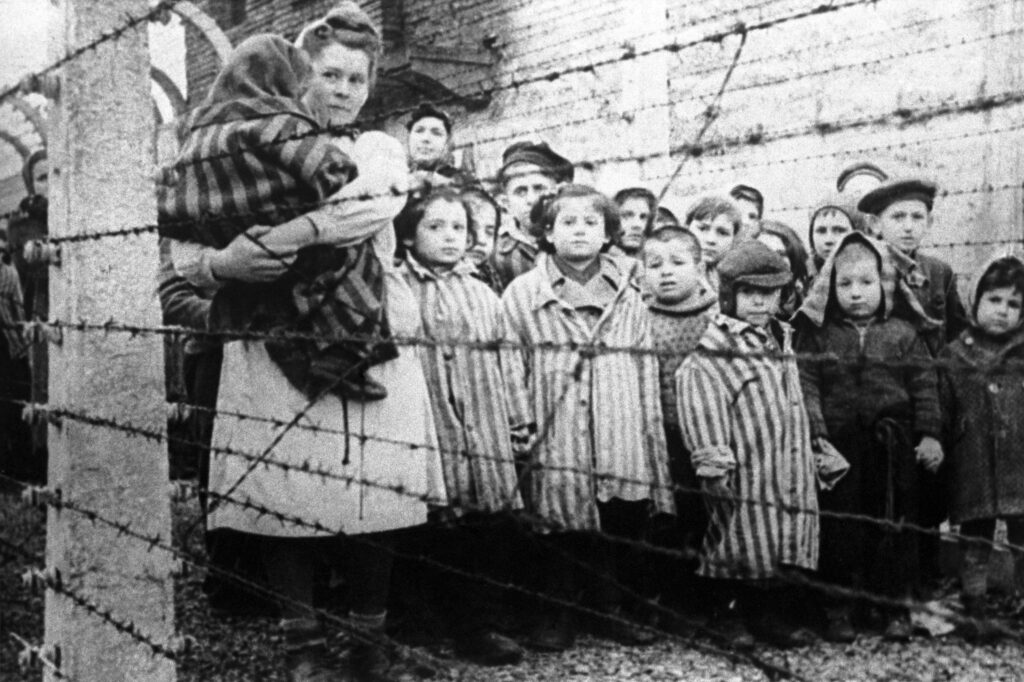
Stanislawa Leszczynska was born in 1896 in the poorest district of the city of Lodz, in central Poland. The Zambrzycki family, deeply religious and devoted to the Virgin Mary, named their daughter Stanislawa in honor of Poland’s patron saint, the bishop and martyr of Krakow. In 1908, the family emigrated to Brazil in search of work, but returned after two years, just before the outbreak of World War I. In 1914, when the war broke out, Stanislawa suspended her studies to work in the Poor Relief Committee. On October 17, 1917, Stanislawa married the printer Bronislaw Leszczynski, and together they had four children.
At the same time, Stanislawa decided to study obstetrics, particularly because the city had the highest infant mortality rate. She studied in Warsaw at the Institute for Midwives, and after graduating in 1922, she began working as a midwife. She loved children, which made her profession even more meaningful—bringing life into the world. She marveled at the act of birth, saying, “The act of birth is the most beautiful ecstasy of nature.” She became well-known, and many women from Lodz and the surrounding areas sought her assistance during childbirth. As a woman of great faith, Stanislawa entered the Third Order of St. Francis and lived simply, following the example of St. Francis of Assisi.
The life of Stanislawa and her family was upended after the German invasion of Poland, marking the start of World War II and the German occupation. In Poland, a well-organized resistance movement emerged. Stanislawa’s husband and children joined the underground organization. The husband worked as a printer, and the children found jobs as tram workers. The printing house was responsible for printing documents and materials for the Polish resistance and also for the Jews in the Lodz ghetto. The tram line passed close to the ghetto, and the children managed to pass aid and false documents to the Jews. On February 18, 1943, they were discovered, and during the night of February 19-20, 1943, the Gestapo carried out a raid on the Leszczynski home. Stanislawa was arrested along with her daughter Sylwia, son Stanislaw, and son Henryk, while her husband and son Bronislaw managed to escape.
Stanislawa and Sylwia were taken to the Auschwitz concentration camp on April 17, 1943, while Stanislaw and Henryk were sent to the Mauthausen camp. Stanislawa was imprisoned in the Birkenau camp, located near Auschwitz, where she was given the number 41335. Birkenau, built in 1941 near the town of Brzezinka (German name Birkenau), was the largest extermination camp in Nazi Germany, capable of holding up to 100,000 people. It had four large crematoria.
Despite being stripped of everything, Leszczynska managed to hide her certificate as a German-trained midwife. Initially, she and her daughter were tasked with transporting clay. However, when the camp’s midwife, Klara, a convicted infanticide who had been involved in abortions in Germany, fell ill in May 1943, Stanislawa intervened. Despite the grave risk of death for such an action, Stanislawa showed the camp doctor her certificate, and he, surprised, sent her to the “maternity barracks.”
In these barracks, women gave birth in a rudimentary and dire setting, with a brick stove in the center surrounded by thirty makeshift beds, each accommodating five to six women. Stanislawa worked day and night, assisting mothers in labor and caring for the newborns. No birth occurred without her, and she continually searched for sheets, bandages, bread, and medicine. She was always kind, humble, and good-hearted.
Each day, Stanislawa organized prayers, including the Rosary, which the prisoners recited with her. On December 20, 1944, a prisoner named Jadwiga Machaj gave birth in the barracks, with Stanislawa helping her. The baby girl was named Ewa, meaning “the beginning of life.” Stanislawa baptized her, pouring water on her head and saying, “Ewa, I baptize you in the name of the Father, the Son, and the Holy Spirit.” Ewa survived and was given the number 89243. In 1970, a 26-year-old Ewa, now an adult, met Stanislawa in the Grand Theater in Warsaw and presented her with a bouquet of flowers on behalf of all the surviving children.
Leszczynska, who often said she would never be like King Herod to the innocents, helped deliver 3,000 babies, although only 30 survived. The others died from hunger and cold, while the children with Aryan traits were sent to Germany to be “Germanized.” After her release, Stanislawa and her daughter, who also survived the Auschwitz captivity, went to Krakow. The first thing Stanislawa did was attend Mass and receive the Eucharist. Once they had recovered, they returned to their hometown of Lodz, where Stanislawa resumed her work as a midwife until 1957. She was reluctant to speak of her experiences at Auschwitz-Birkenau, and it wasn’t until 1965 that she decided to publish her memoirs, titled “Report of the Midwife of Auschwitz”. The book was published with the title that Stanislawa herself chose: “No, Never! You Cannot Kill Children.”
Stanislawa passed away on March 11, 1974, at the age of 78. She was buried in a Franciscan tertiary habit, as she had requested.
In 1992, the Archdiocese of Lodz began the beatification process for Stanislawa Leszczynska, “a laywoman and mother.” Four years later, the Congregation for the Causes of Saints permitted the exhumation of her body, which was transferred from the cemetery tomb to the crypt of the Assumption of Mary Church in Lodz, where Stanislawa had been baptized. On March 11, 2024, the diocesan phase of her beatification process was concluded in Lodz, on the 50th anniversary of the death of the heroic midwife of Auschwitz.
On April 17, 2024, Cardinal Grzegorz Ryś, Archbishop of Łódź, Cardinal Konrad Krajewski, Apostolic Almoner, Monsignor Krzysztof Nykiel, Regent of the Apostolic Penitentiary, Monsignor Zbigniew Tracz, Chancellor of the Łódź Metropolitan Curia, and Reverend Łukasz Burchard, presented the collected documents of the diocesan beatification process of the Servant of God Stanislawa Leszczynska to the Congregation for the Causes of Saints.
The devotion to Stanislawa Leszczynska continues. Many people, especially nurses and midwives, make pilgrimages to her tomb, and numerous nursing associations, as well as a nursing school, bear her name. This is further proof of the widespread recognition of her sanctity. It is hoped that soon the “Midwife of Auschwitz” will be venerated on the altars, becoming the patroness not only of nurses and midwives but also of all those who defend the unborn.
Stanislawa Leszczynska joins the ranks of great defenders of life, like Pope John Paul II, Mother Teresa, Professor Jérôme Lejeune, and Carlo Casini. Today, when the “right” to abortion is being asserted, even through law, the testimony of people like Leszczynska is needed. Her life motto, “You cannot kill children!” remains a powerful slogan in the pro-life movement today.
The speech was given on April 3, 2025, at the Pontifical University of the Holy Cross, on the occasion of the third day dedicated to lay holiness, on the theme: “Holiness and health professions”.
Related
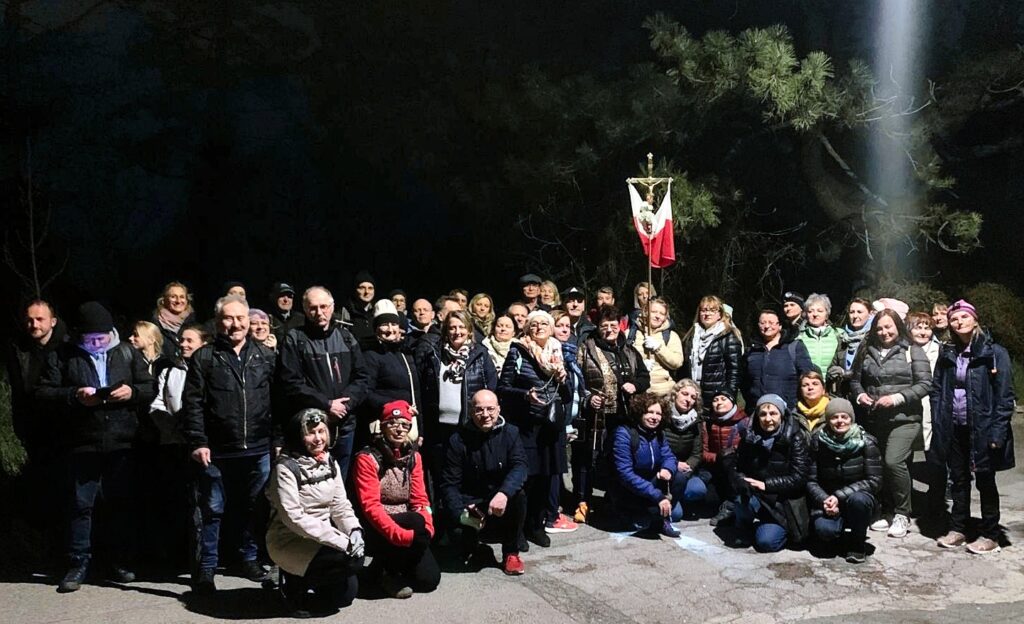
From Kahlenberg to the Papal Cross – Polish Night Way of the Cross in Vienna
Heschel Centre for Catholic-Jewish Relations at the Catholic University of Lublin
15 April, 2025
2 min
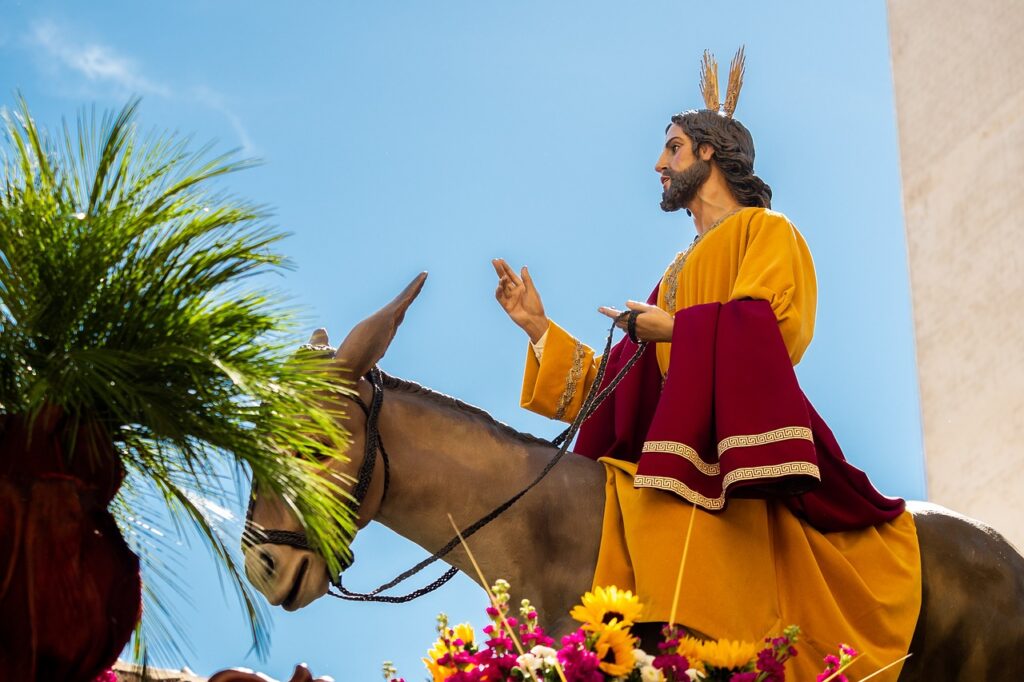
Reflection by Bishop Enrique Díaz: On a Donkey
Enrique Díaz
13 April, 2025
5 min
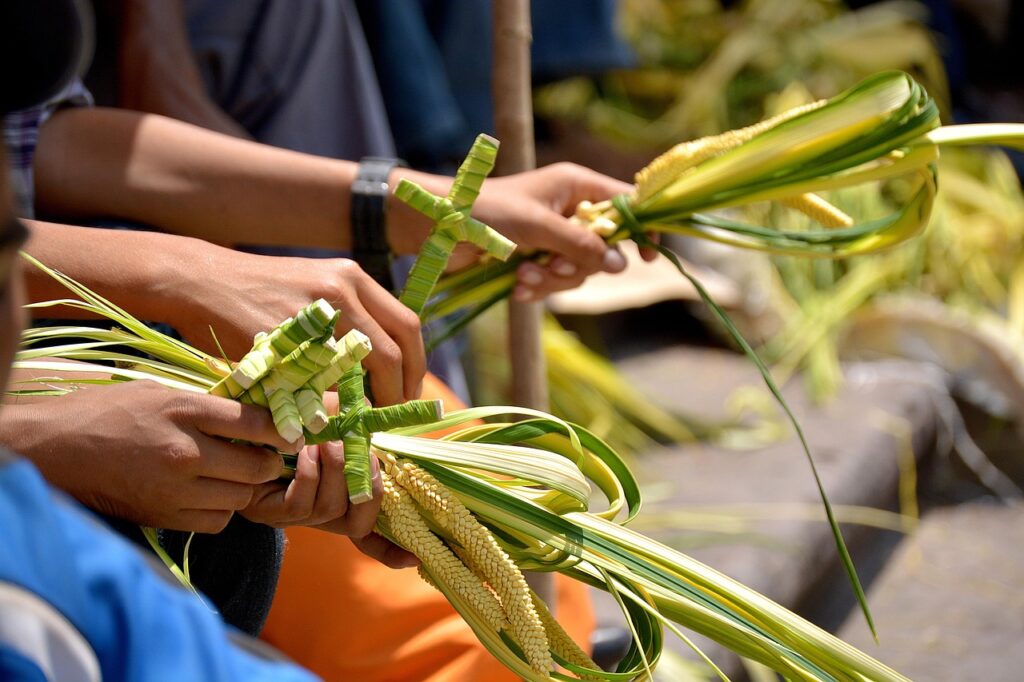
I have ardently desired to eat this Passover with you: Fr. Jorge Miró
Jorge Miró
12 April, 2025
2 min
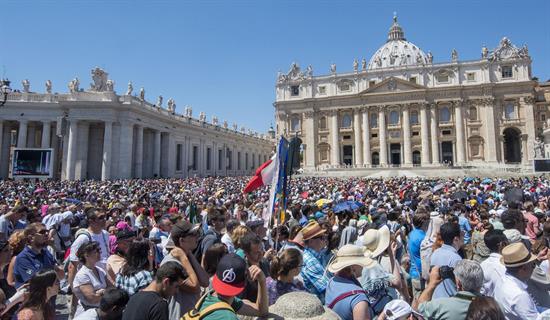
Pope Francis Sends a Message of Hope to the Young People of the UNIV 2025 International Congress
Exaudi Staff
11 April, 2025
5 min
 (EN)
(EN)
 (ES)
(ES)
 (IT)
(IT)

